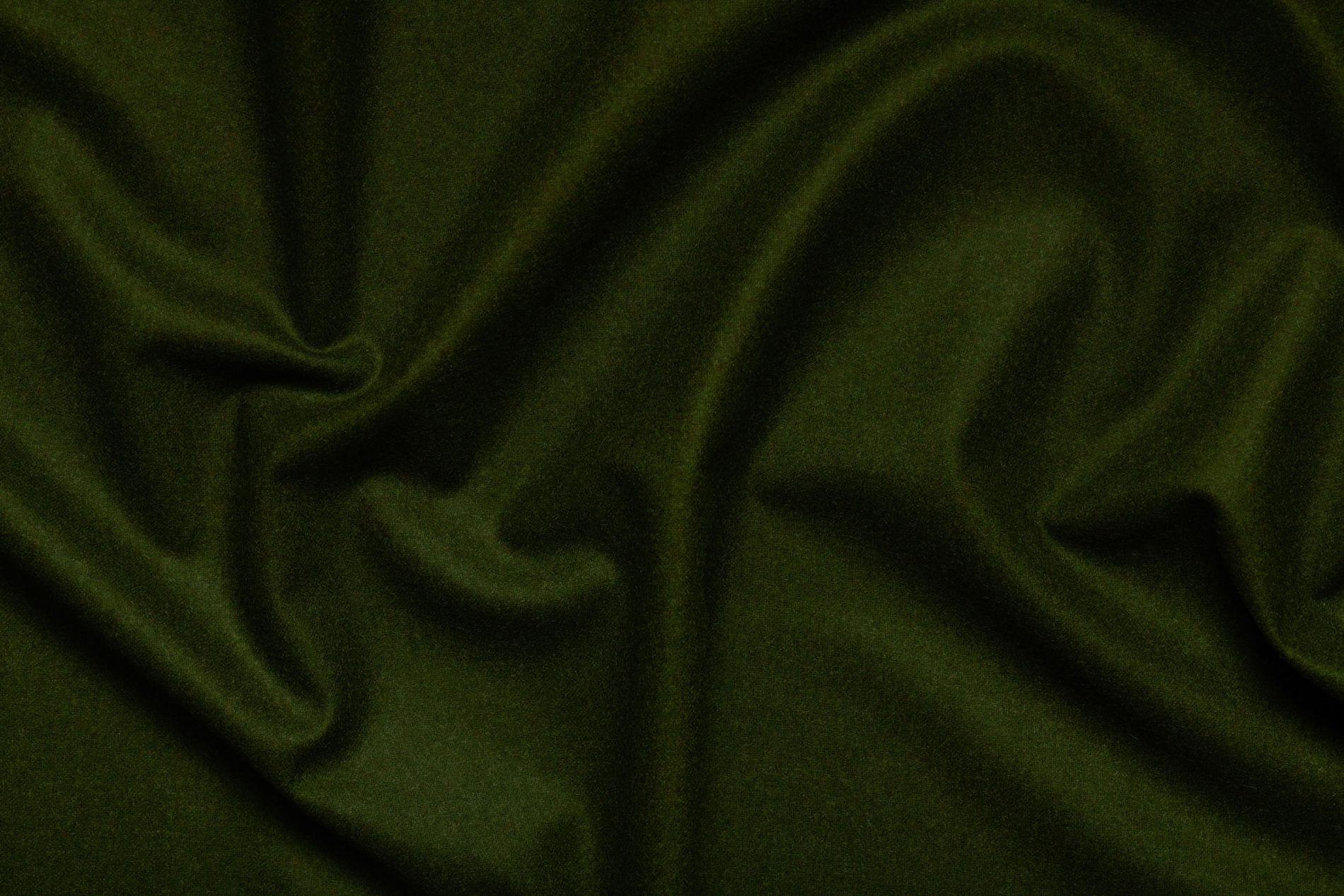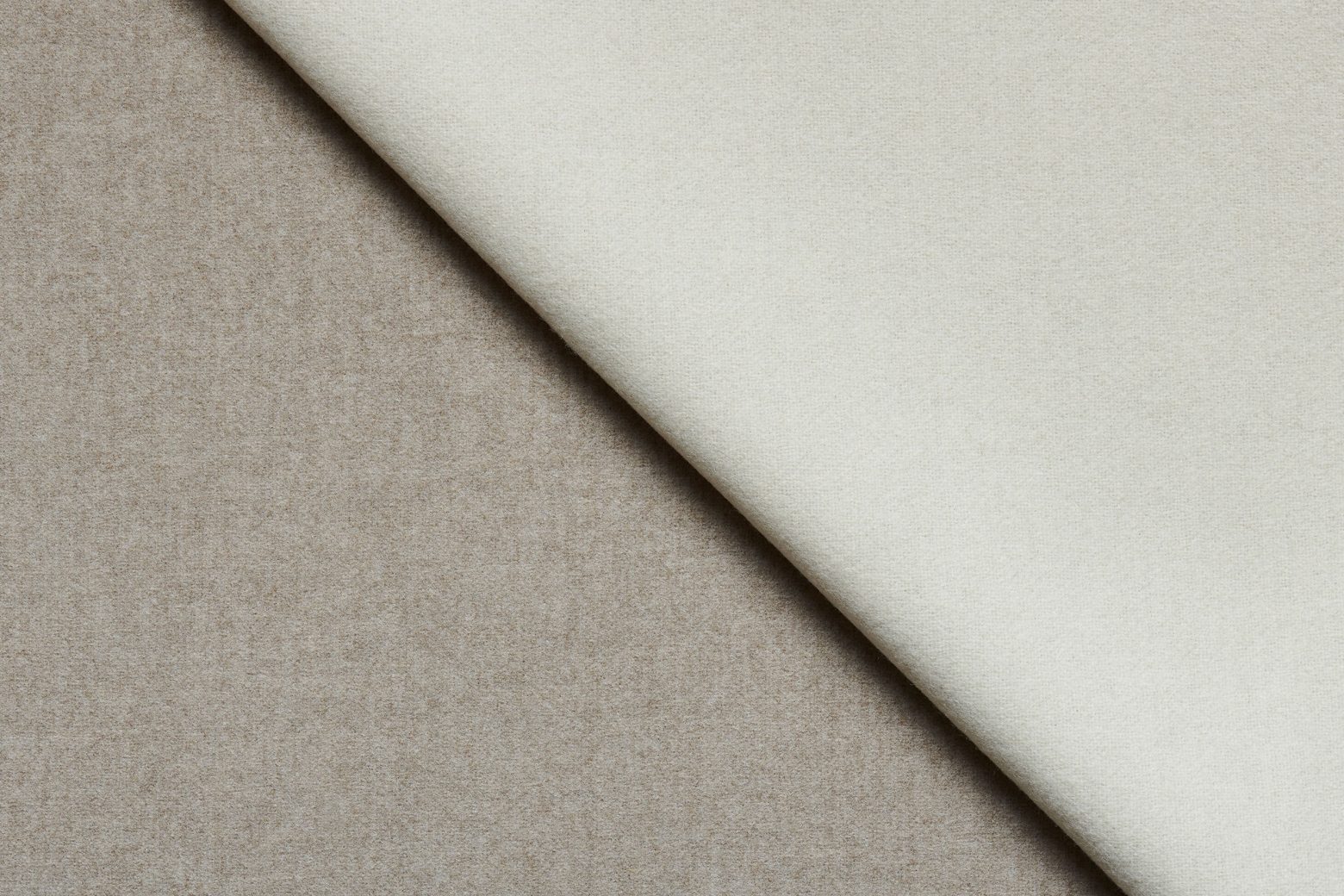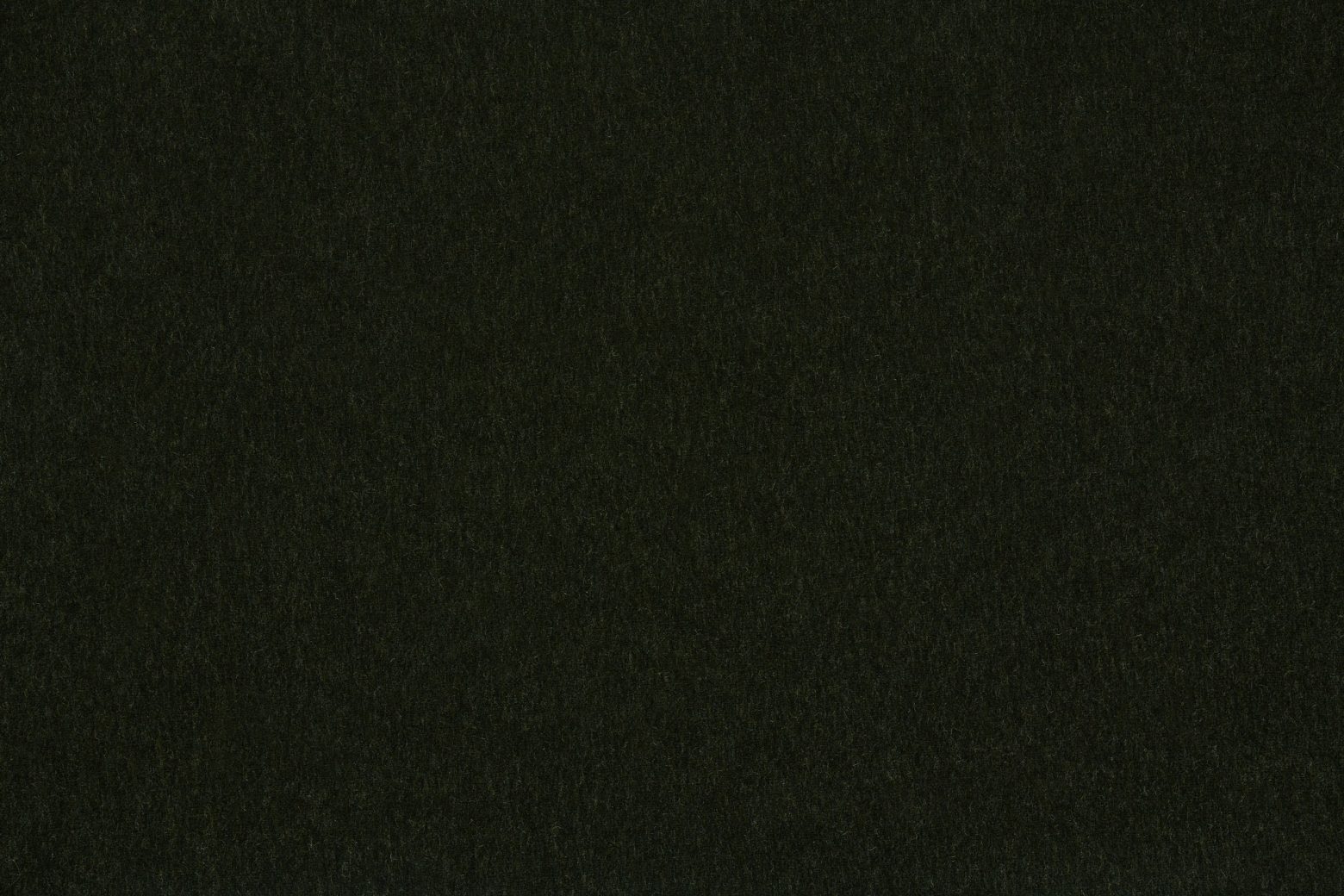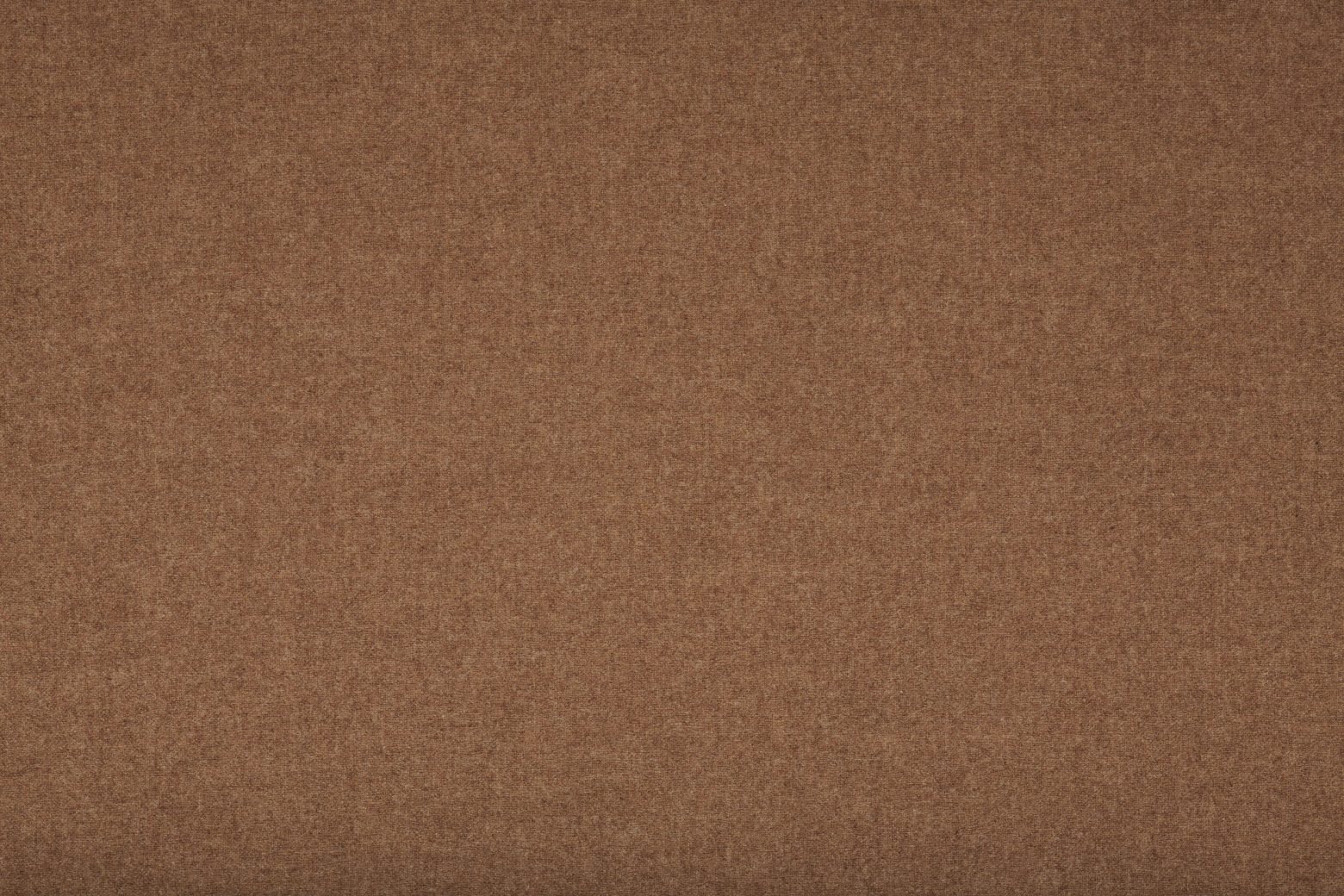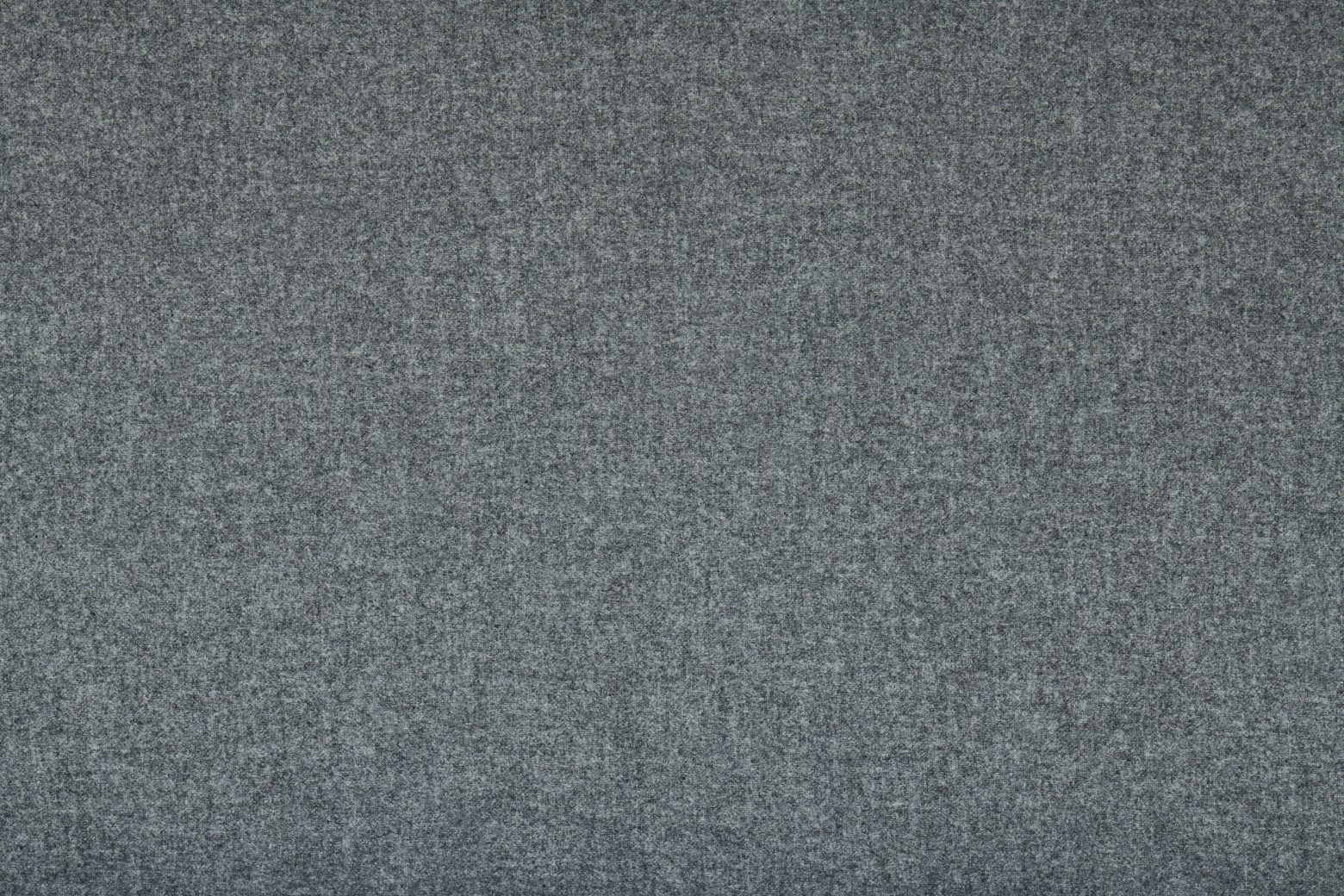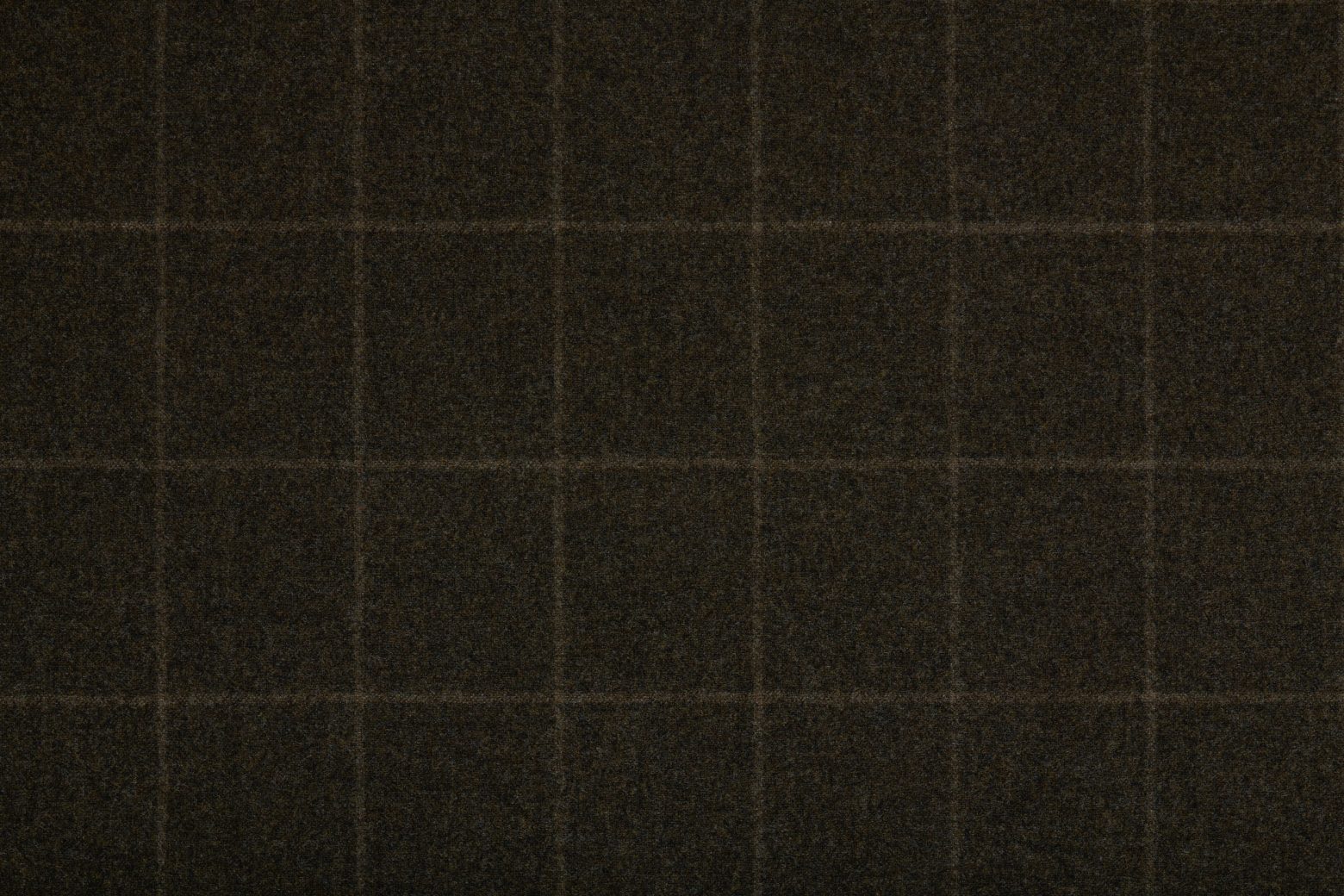Additional information
Australian Merino wool is unrivalled regarding its sustainability. It is an entirely natural fibre grown by millions of Australian sheep every year and thus a renewable and sustainable resource. All it requires is the simple combination of sheep, sunlight, water and grass.
Unlike most synthetic fibres such as Polyester (PES) or Polyamide (PA), Merino wool is biodegradable: it takes only a few years to completely decompose. During this process the wool also slowly releases valuable nutrients. It is the perfect choice for those who prefer clothing that has a minimal impact on the environment.
Merino wool’s overall natural stain and soil resistance is significantly better than that of cotton or synthetic fibres. It has a natural protective layer that is bonded to the surface and can therefore not easily be removed. These overlapping scales are slow to absorb liquids and thus allow spills to be wiped off before permanent staining occurs. Merino wool only generates very little static electricity and does not attract dirt or lint as most commonly used textile fibres. Further information can be found in our stain removal guide for interior fabrics.
Designer and clothing brands love working with Merino wool, as its colour palette is almost infinite. In the past, traditional woolen textiles such as loden fabrics used to be available only in dark, earthy shades. The innovative and modern use of colour and new production technologies made it possible to extend our colour range and opened doors to international renowned fashion houses.
Australian Merino wool is unrivalled regarding its sustainability. It is an entirely natural fibre grown by millions of Australian sheep every year and thus a renewable and sustainable resource. All it requires is the simple combination of sheep, sunlight, water and grass.
Unlike most synthetic fibres such as Polyester (PES) or Polyamide (PA), Merino wool is biodegradable: it takes only a few years to completely decompose. During this process the wool also slowly releases valuable nutrients. It is the perfect choice for those who prefer clothing that has a minimal impact on the environment.
Merino wool’s overall natural stain and soil resistance is significantly better than that of cotton or synthetic fibres. It has a natural protective layer that is bonded to the surface and can therefore not easily be removed. These overlapping scales are slow to absorb liquids and thus allow spills to be wiped off before permanent staining occurs. Merino wool only generates very little static electricity and does not attract dirt or lint as most commonly used textile fibres. Further information can be found in our stain removal guide for interior fabrics.
Designer and clothing brands love working with Merino wool, as its colour palette is almost infinite. In the past, traditional woolen textiles such as loden fabrics used to be available only in dark, earthy shades. The innovative and modern use of colour and new production technologies made it possible to extend our colour range and opened doors to international renowned fashion houses.



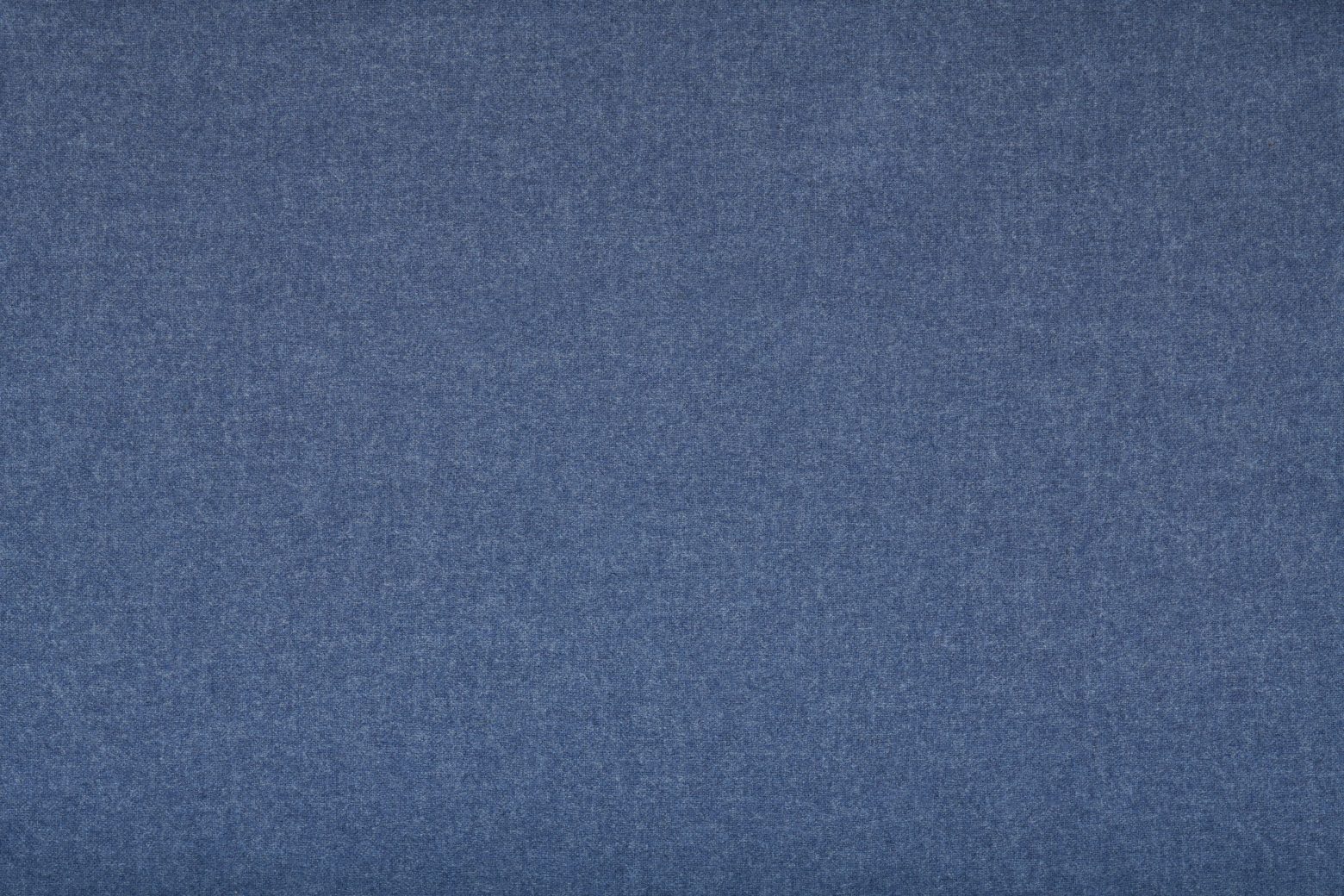
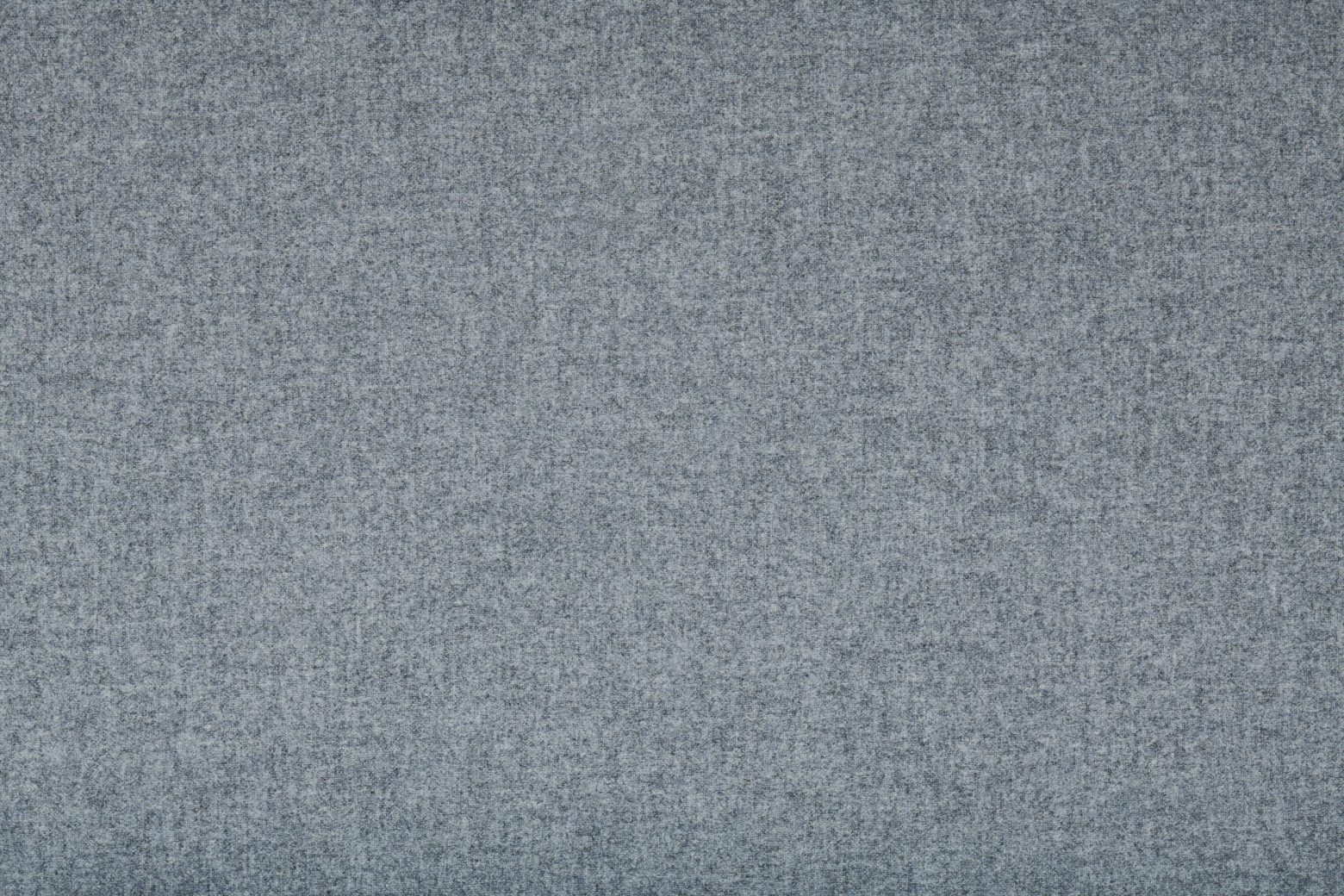
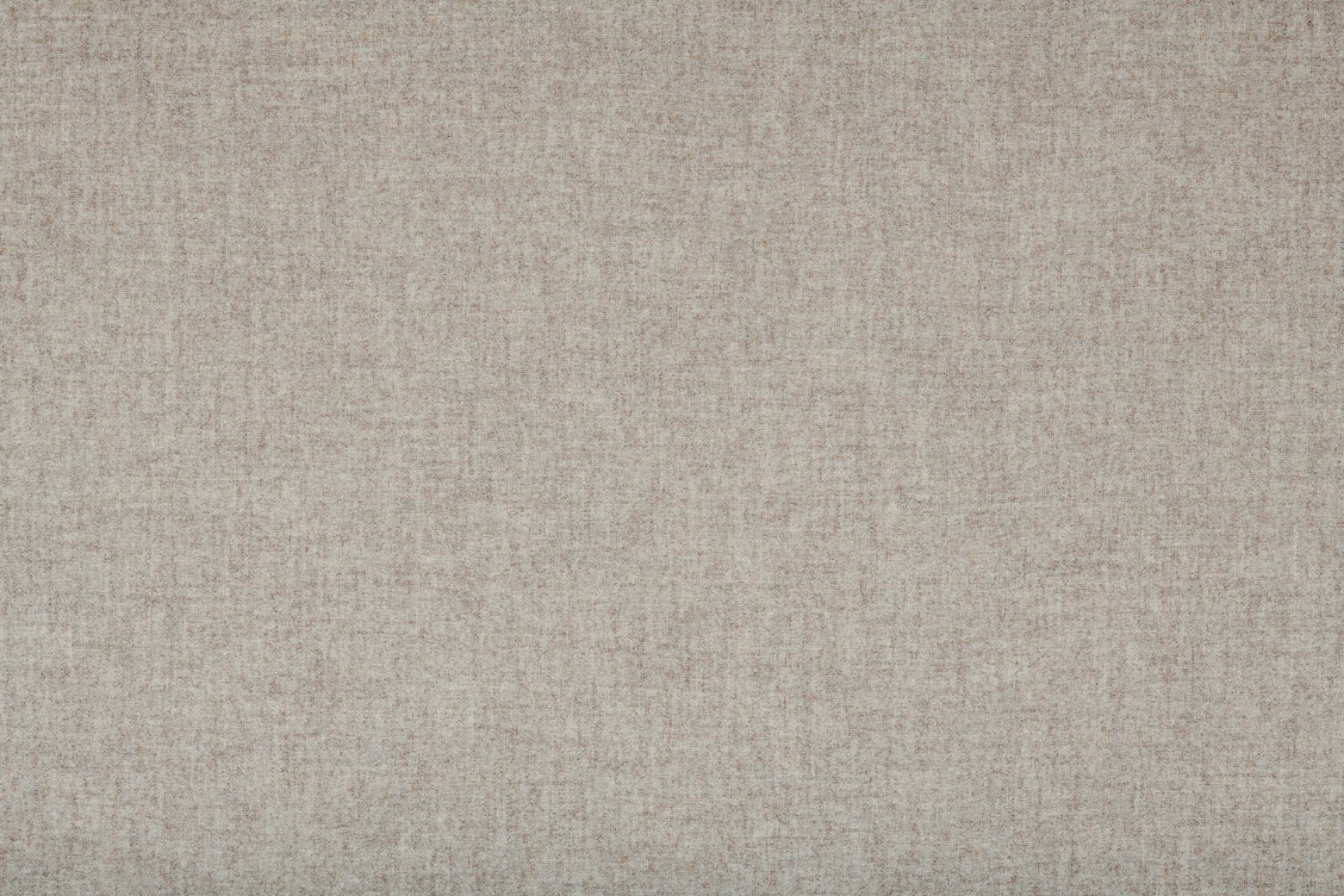
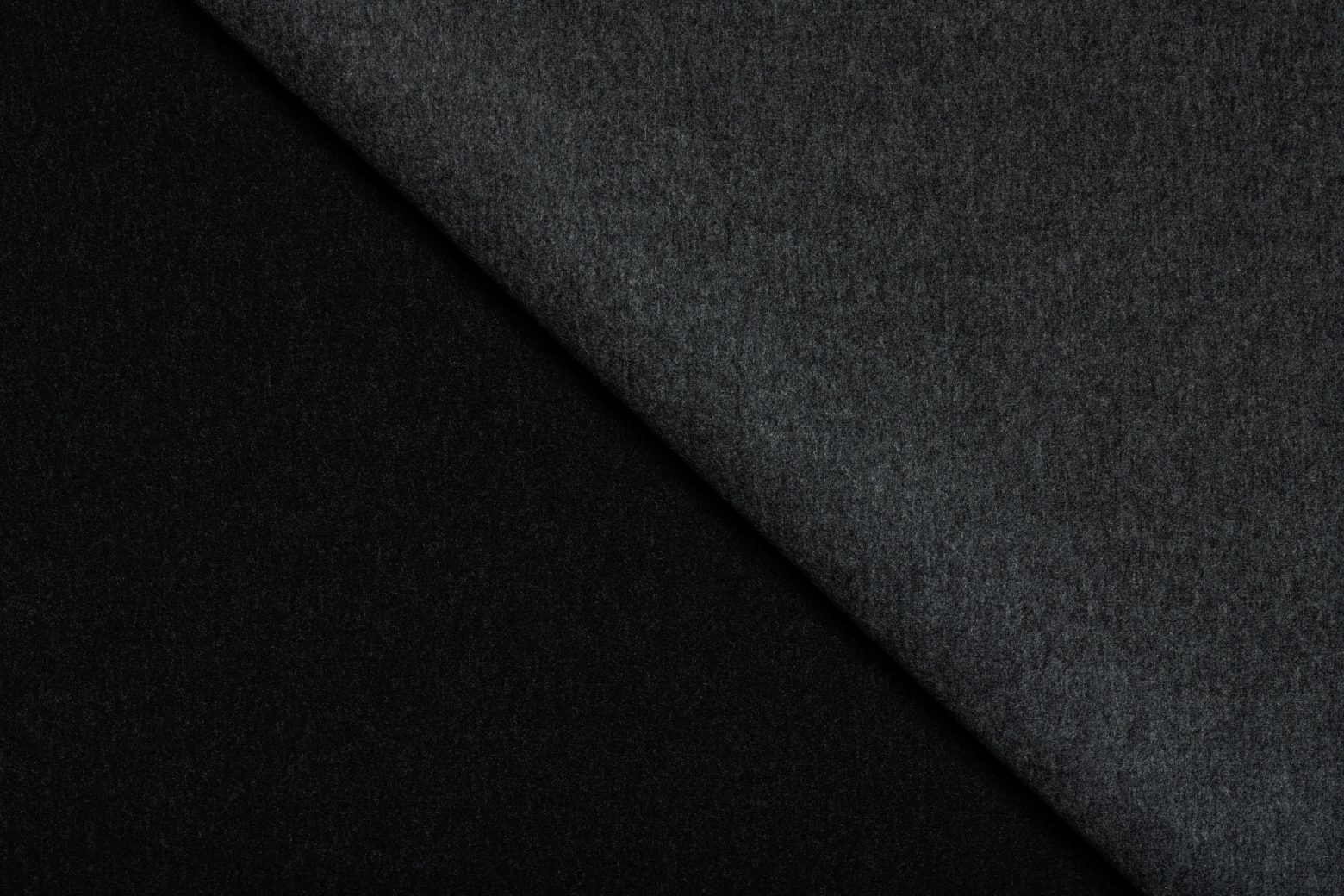
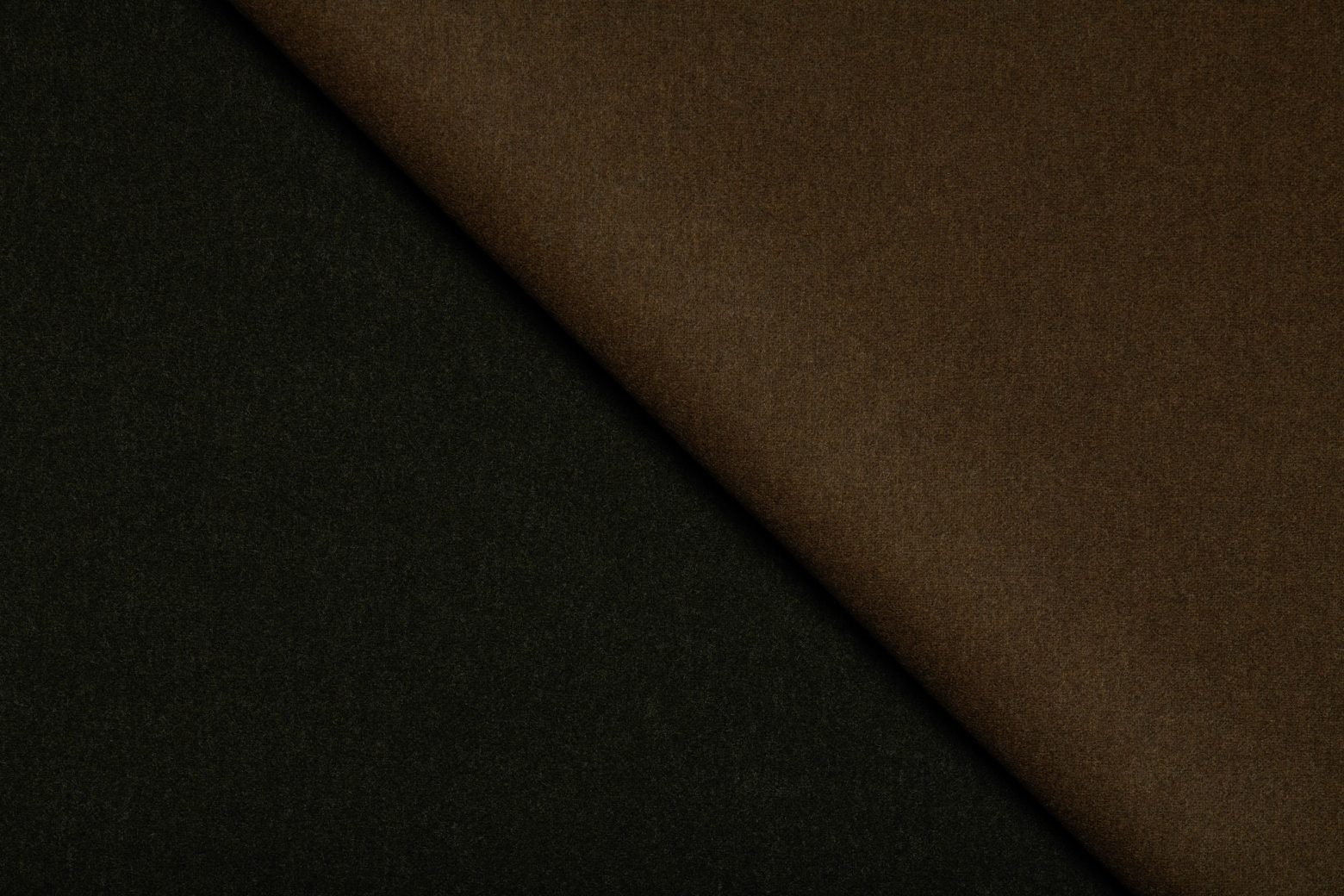
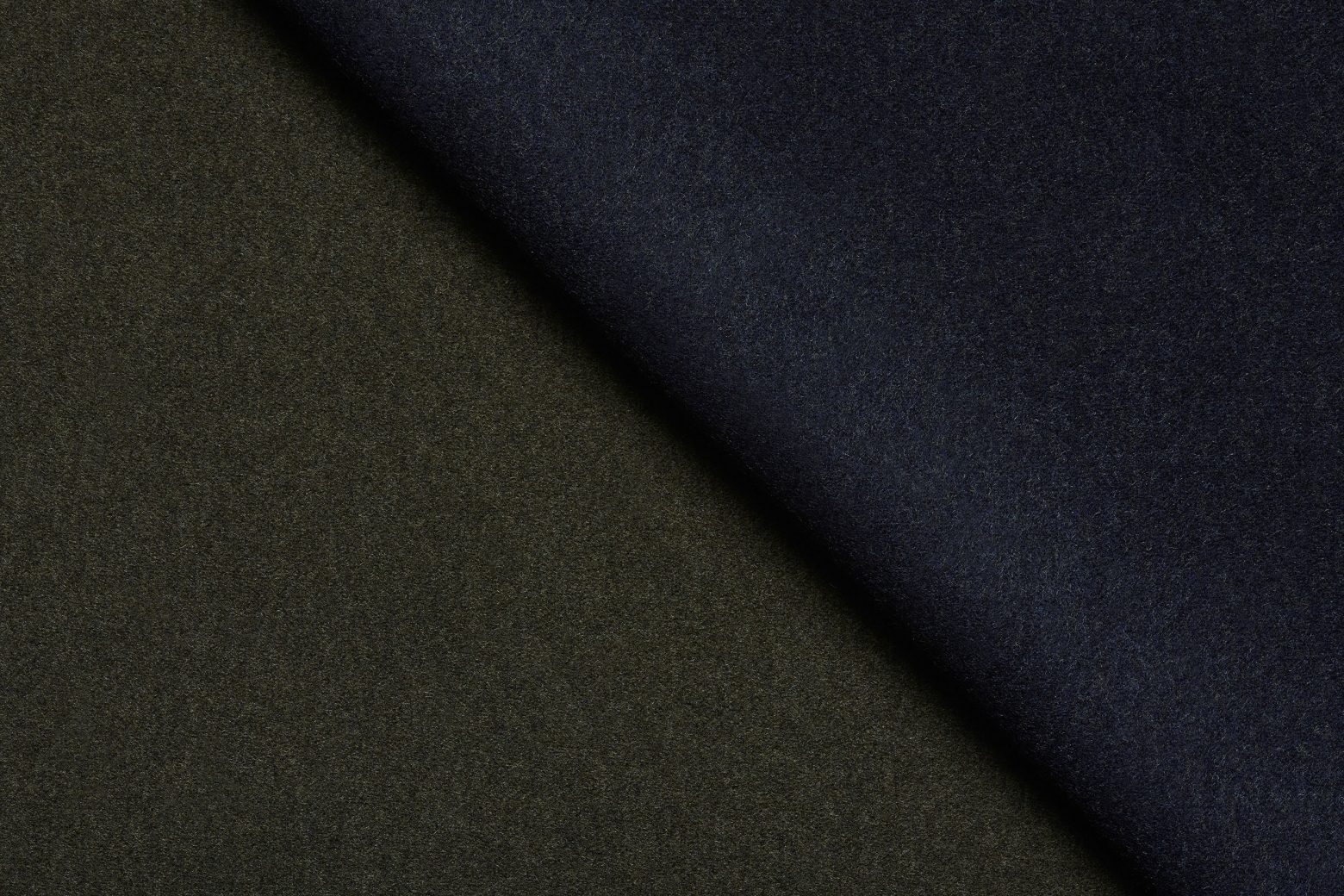
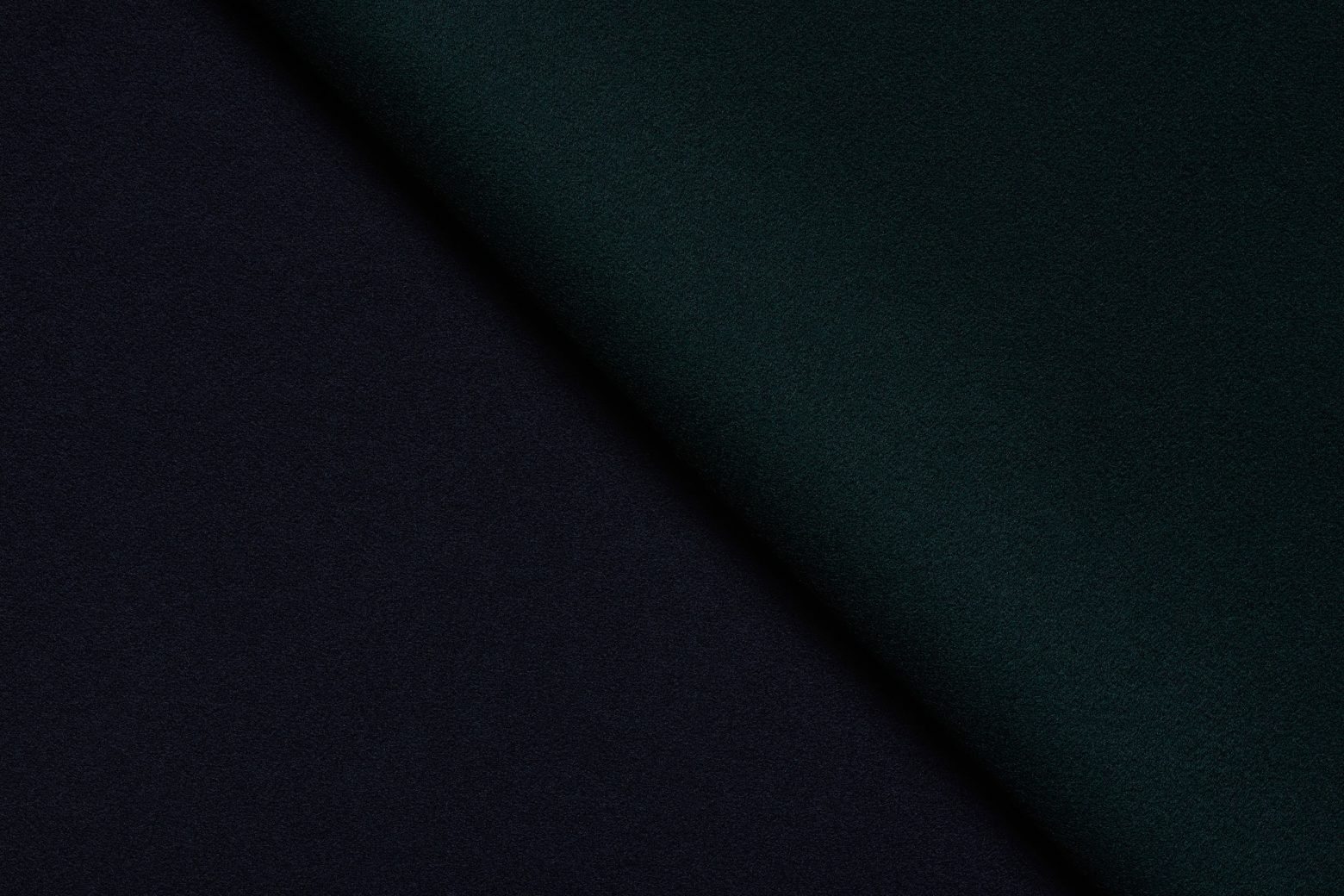
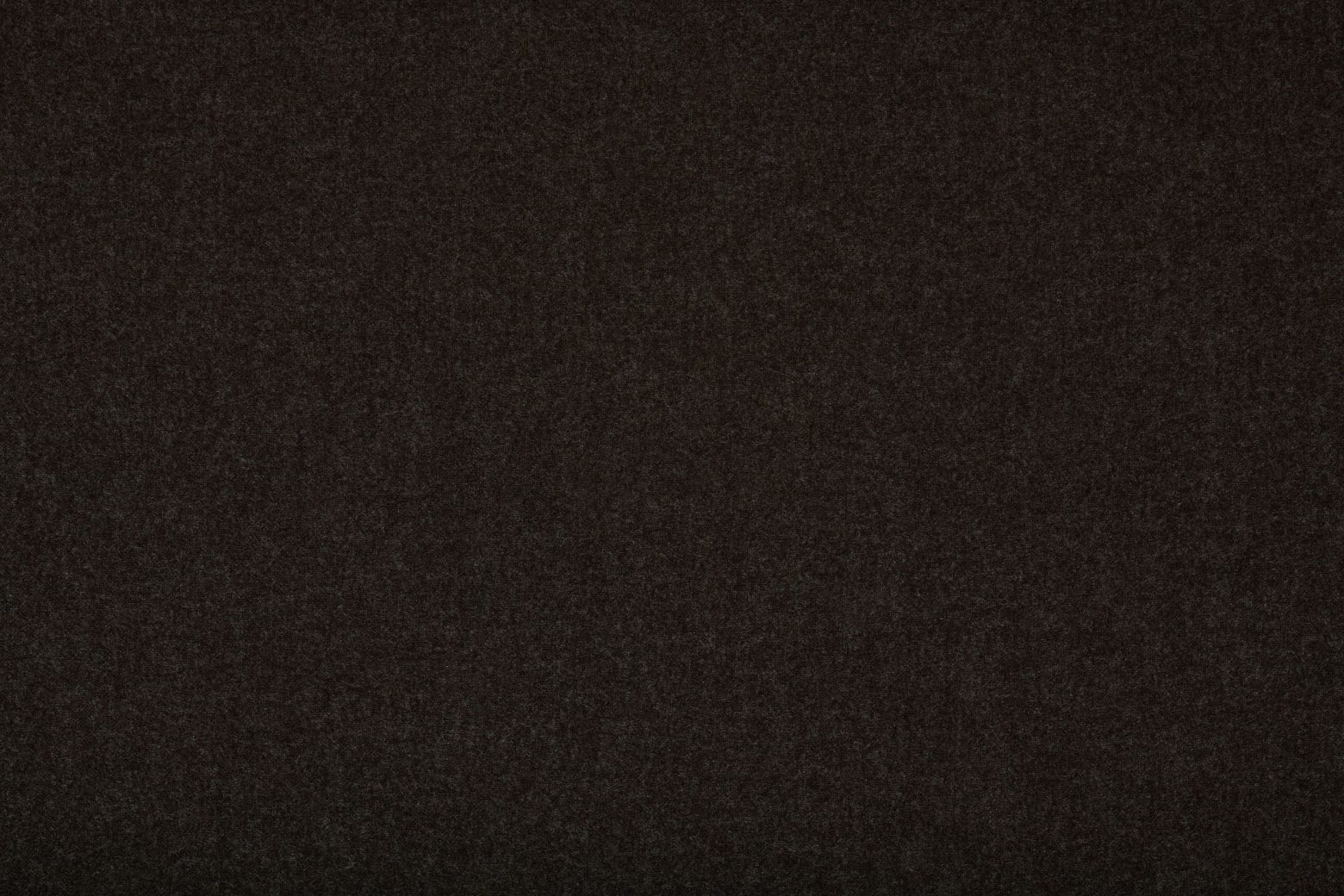

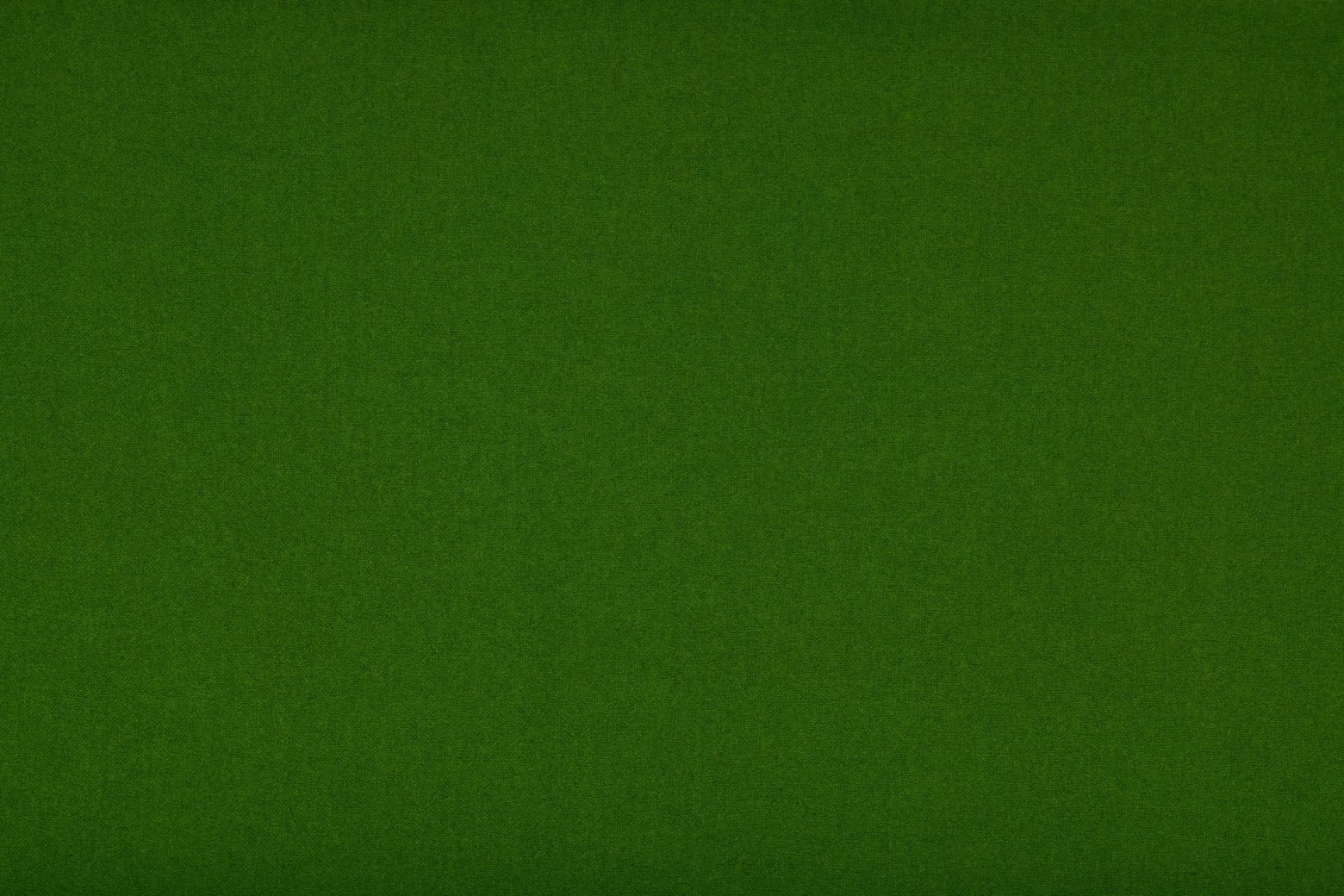
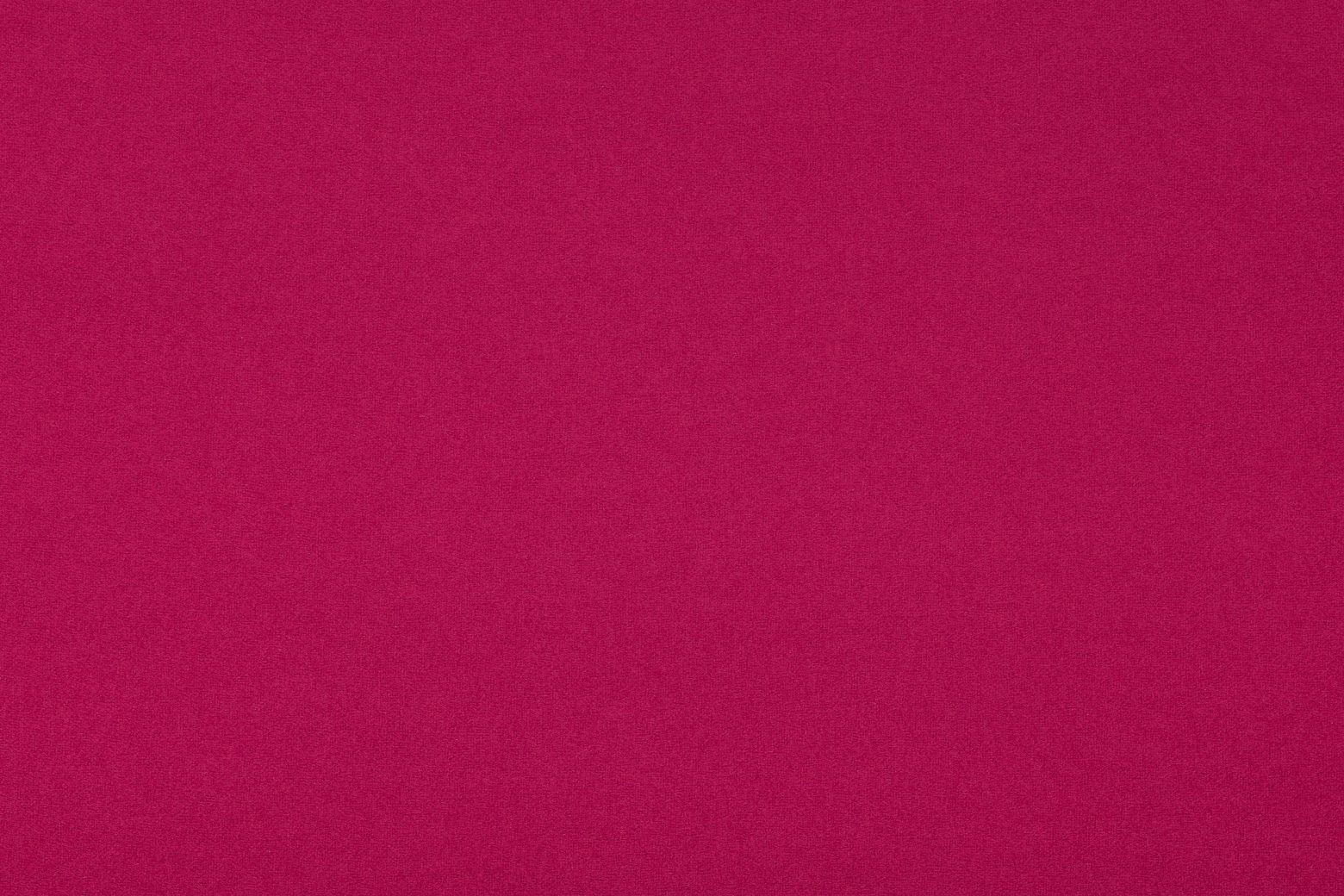
Leichtfried mainly uses extra fine Australian Merino wool to ensure they maintain their oustanding quality and durability.
Founded in 1884 the Leichtfried woollen mill is specialized in the production of high-quality woollen cloth and Loden fabrics.
The entire production process is in our hands. This ensures that every metre of loden leaving our production represents highest quality.
Leichtfried mainly uses extra fine Australian Merino wool to ensure they maintain their oustanding quality and durability.
Founded in 1884 the Leichtfried woollen mill is specialized in the production of high-quality woollen cloth and Loden fabrics.
The entire production process is in our hands. This ensures that every metre of loden leaving our production represents highest quality.


